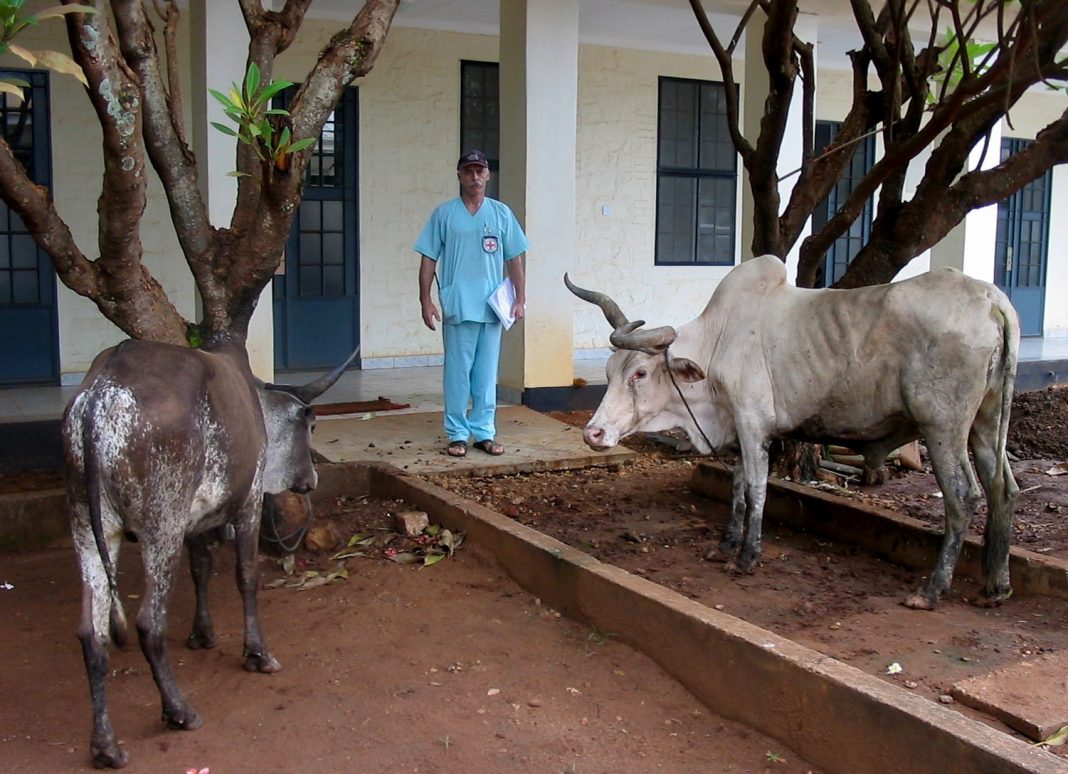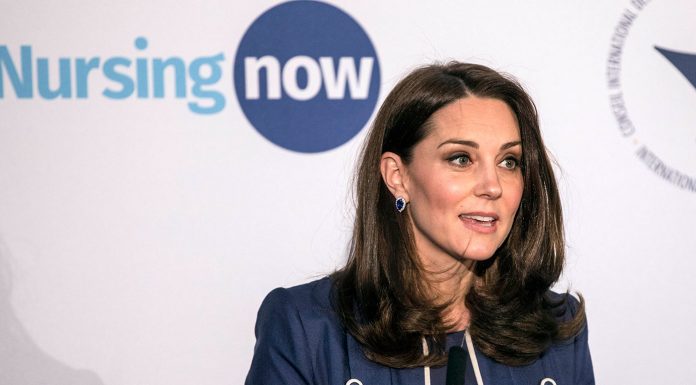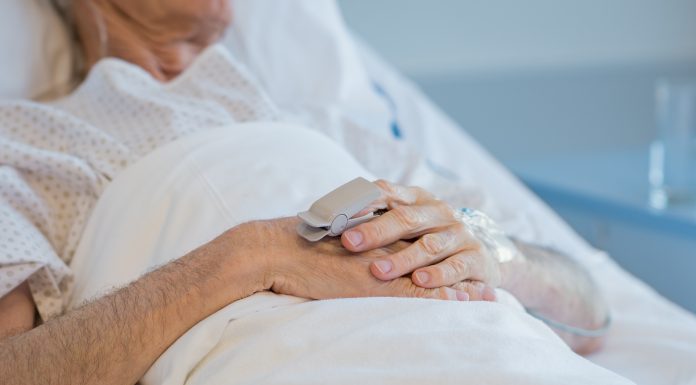On a morning in early March this year Andrew Cameron heard a ‘dull thump’ and then the ‘unmistakable rattle of automatic gunfire’.
He was in Kabul and – though he wasn’t allowed to give details in the closing chapters of his book – it is clear from media reports at the time that he was in hearing distance of an attack on a military hospital that left about 50 people dead.
The Red Cross nurse was only in Kabul as weeks earlier an aid convoy had been ambushed on its way north killing six Red Cross workers and two more were presumed abducted. So Red Cross activities had been suspended and he and others on assignment around Afghanistan had been called back to the capital.
At the same time the Kiwi nurse – a veteran of humanitarian missions from war-torn Yemen to Ebola-ravaged Sierra Leone and of isolated nursing posts in Australia’s tropical far north to his current post in Birdsville in Australia’s arid heartland – was proofing and writing the final chapter of his book that is being launched next week.
It is all a long way from when the 19-year-old welder decided to give nursing a go and started training at Hutt Hospital as the only bloke amongst 43 women in the days when male nurses had separate registration and weren’t welcome on the maternity award. (See 2012 Nursing Review profile of Cameron)
He crossed the Tasman to train as registered midwife and since about 1990 Australia has been his nursing base, though he co-owns a farm in the Hawke’s Bay with his brother and it was through the New Zealand Red Cross that he went on his first assignment in 2006 to Kenya to treat the war-wounded from Sudan’s civil war. The Kiwi has continued to work with New Zealand Red Cross ever since on assignments that have taken him to Afghanistan, Yemen, Iraq, South Ossetia, Sierra Leone and South Sudan – the setting for many yarns in his book that are sobering and sad as well as full of the camaraderie and humanitarian spirit that keeps him returning to some of the world’s most challenged countries.
Along the way he has acquired his nursing degree and masters degree in tropical health and was awarded Australian Nurse of the Year in 2004, the Florence Nightingale Medal (the International Red Cross’s highest award) in 2011 and the Order of Australia in 2013 for his nursing services both around the world and in isolated Australian communities.
His forthcoming book A Nurse on the Edge of the Desert (From Birdsville to Kandahar: the art of extreme nursing) has brought him back to Wellington where he is steeling himself for the book launch on August 7 and related media events. “I don’t really like this sort of thing.”
Understatement is the norm for this humble man who celebrated his 60th birthday and the New Year in a sandbagged barracks in southern Afghanistan missing his family in Germany and the garden he’s carefully nurtured in the hot and arid desert heart of Australia that is his current home.
That Afghanistan assignment was of course cut short and after a brief sojourn in Kabul, then Tajikistan and a debriefing in Red Cross headquarters in Geneva he was able to spend some time in Germany with his doctor wife Daniela and daughters Emily, 19, and Josephine, 17.
Birdsville – the races, grey nomads and desert
Last month Cameron returned to his desert garden in Birdsville, Queensland where he has been the nursing leader for the town’s two nurse outback clinic since July 2014.
Winter is the busiest time in the township on the edge of the Simpson Desert which has reached a sweltering 49.5 degrees on more than one occasion but in winter it is a more civilised mid-20s and the ‘grey nomads’ in their campervans, utes and caravans, or just utes and tents start arriving having driven the 1,200 km north from Adelaide or 1,600 kilometres east from state capital Brisbane.
They arrive in their droves in early September when the township hosts the famous Birdsville Races which swells the population from its usual 150 people to 8000 plus.
The clinic’s two nurses usually are on rotating shift to serve the isolated population spread across the outlying stations but are joined by other outback staff for the three day racing carnival. The nurses brace themselves for the unknown – which can range from car accidents to boxing ring injuries – to the expected ‘grey nomads’ who arrive without medications, and seem surprised that the outback town doesn’t have a fully-stocked pharmacy, as well as the after-hours calls from the Birdsville Hotel that somebody has “had a bit of a turn”. The Flying Doctor Service is also on hand to evacuate any emergencies in race time or any other time of the year.
Treating the Ebola dead with respect and dignity
Just a few months after arriving in Birdsville the Red Cross put out a call for workers to help contain the devastating Ebola outbreak in West Africa.
It was not a popular assignment but Cameron quickly put up his hand to work in the Ebola Treatment Centre in Kenema, Sierra Leone – and signed his first Red Cross contract stipulating that if he died while on duty his body wouldn’t be brought home – the highly infectious haemorrhagic disease was most contagious at the point a person died.
So it was a mixed blessing that on arrival he found his ‘thin face’ meant he couldn’t get the required tight fit of the goggles needed to work safely with contagious patients. As instead he was assigned to help discharge back to the villages the half of the admitted patients who survived – and arrange the burials of the half that died. “It was very intense,” says Cameron but he says the level of human kindness and dignified care offered to the ill, dying and saved was “extraordinarily high” by all involved.
He had the heart-breaking work of supervising the digging of graves and arranging simple respectful funerals for the about “150 poor souls” who perished during the six weeks he was there. Conscious of the country’s history as a homeland for repatriated slaves he said it didn’t feel right “for the white boss to sit in the shade” watching the African team bury their dead. So, even though 40 years old than some of them, he also picked up a pick-axe and joined them in digging graves in the rock-hard soil.
About 150 survivors were also sent home but a social worker was always sent in advance to the village to tell them to welcome the survivor home as a hero and not to shun or fear them because their immunity probably made them the safest person to be around.
He says in his book that it was hard to say why such work was so satisfying. “I think I got almost as much satisfaction from knowing that those who had died were treated with respect as I did from sending the lucky ones home.”
Word had got out in Birdsville about what he’d been up to while away and “funnily enough” there appeared to be a downturn in demand for the nurse fresh back from Sierra Leone for a month or two…
Cameron is in Wellington for next week’s launch and returns in time to tend his garden and prepare for the influx of grey nomads for this year’s races on Saturday September 1.























